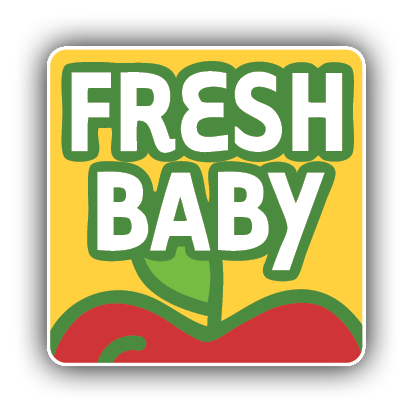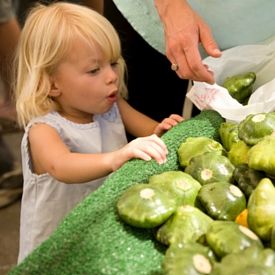
September brings apples, figs, pineapples, broccoli, cauliflower, carrots and mushrooms into season, to name a few. Here are some delicious tips to try out the season’s best produce.
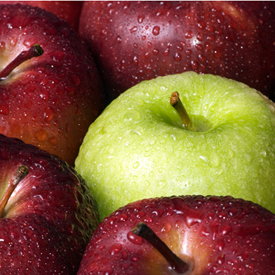
Apples
The health benefits of apples were first recorded as early as medieval times, giving rise to the old English saying “An apple a day keeps the doctor away.” Recent studies are proving this adage to be true. These studies indicate that eating apples can reduce risk of some cancers, improve lung health, prevent heart disease and strokes, and reduce cholesterol damage.
Age to introduce: Apples are considered a good “First” food for babies and can be introduced at about 6 months (cooked and pureed). Raw apples (whole or chunks) are a choking hazard for children under 3 years old.

Pineapple
As an international symbol of welcome, the pineapple is certainly a welcome member of the fruit family for its delicious taste and nutritional benefits. Pineapples are a good source of vitamin C, a commonly known antioxidant that protects the body from free radical damage and boosts the immune system. Not only does vitamin C help fend off the colds and infections, but a recent study shows that vitamin C can help reduce your risk of gingivitis and periodontal disease too.
Pineapple also contains high levels of an enzyme called bromelain. Bromelain is a natural anti-inflammatory, and it can help relieve rheumatoid arthritis symptoms, sore throat pain, and reduce postoperative swelling. Additionally, the bromelain in pineapple helps break down the amino acid bonds in proteins, which promotes good digestion. Finally, pineapple is full of manganese, a trace mineral that is in very few foods. Manganese protects against osteoporosis.

Broccoli
When it comes to great-tasting nutrition, broccoli has a lot to offer. The stems of broccoli are similar tasting to asparagus and the florets are like cauliflower. A cup of cooked broccoli offers as much calcium as 4 ounces of milk, as much Vitamin C as an orange, and is very rich in vitamin A. Broccoli contains vitamins B1, B2, B3, B6, iron, magnesium, potassium, and zinc too. It is also high in fiber and low in calories.

Cauliflower
Cauliflower is an awesome vegetable – especially terrific to eat during the cold and flu season. One serving contains 100% of the Vitamin C you need for the day! Cauliflower is also fat-free, low-carb, and a good source of potassium and folate.
Does your cauliflower turn yellow when cooked? It could be the alkaline in your water. For whiter cauliflower, add a tablespoon of milk or lemon juice to the water before cooking.
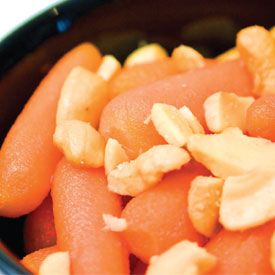
Carrots
This sweet and crunchy super food helps to keep your eyes healthy, your skin radiant and your body cancer-free. Carrots make a great raw snack. Steamed carrots make a delicious, sweet side dish
Apple Carrot Casserole for Baby
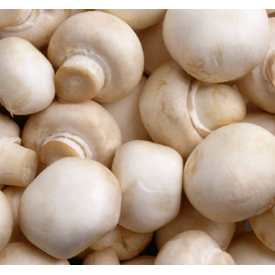

Mushrooms
This yummy little fungus is high in potassium, selenium, vitamin D, and rich in flavor. There is a wide variety of mushrooms available including button, cremini, oyster and Portobello. Serve sliced mushrooms in a green salad. Try grilling Portobello mushrooms and brush with Italian dressing just before serving.


